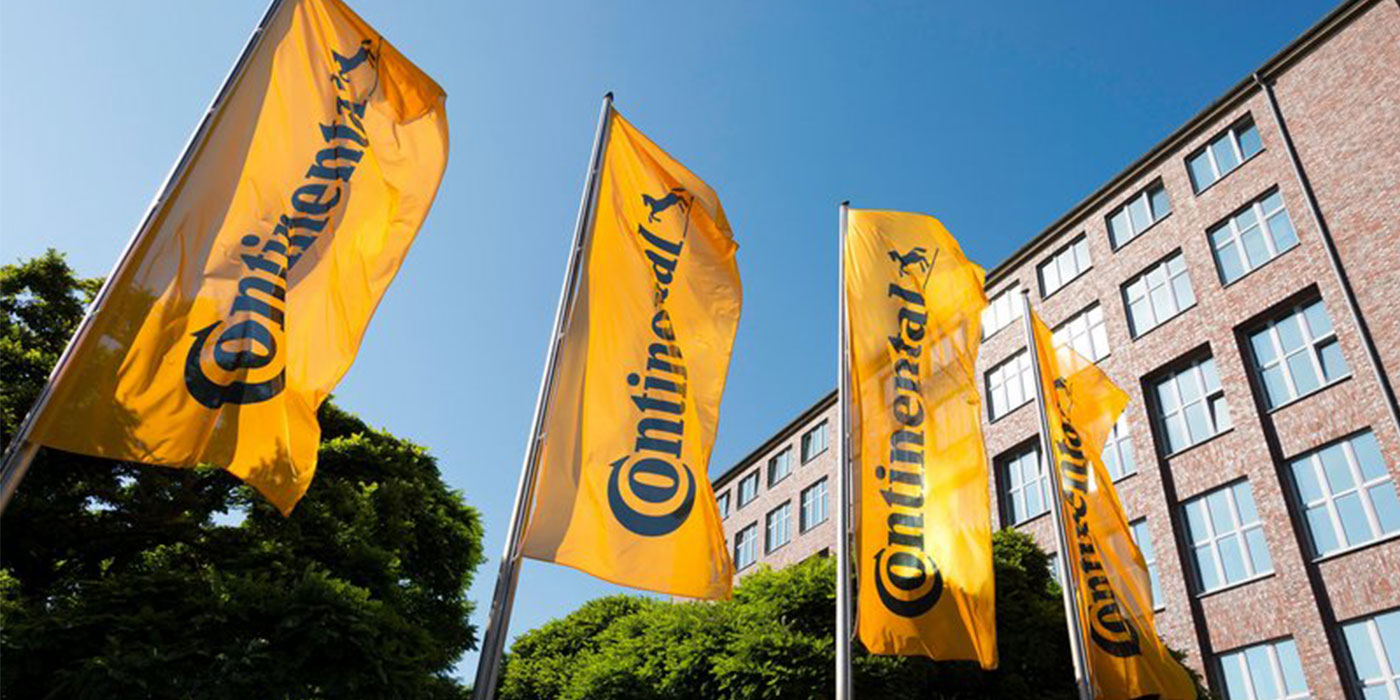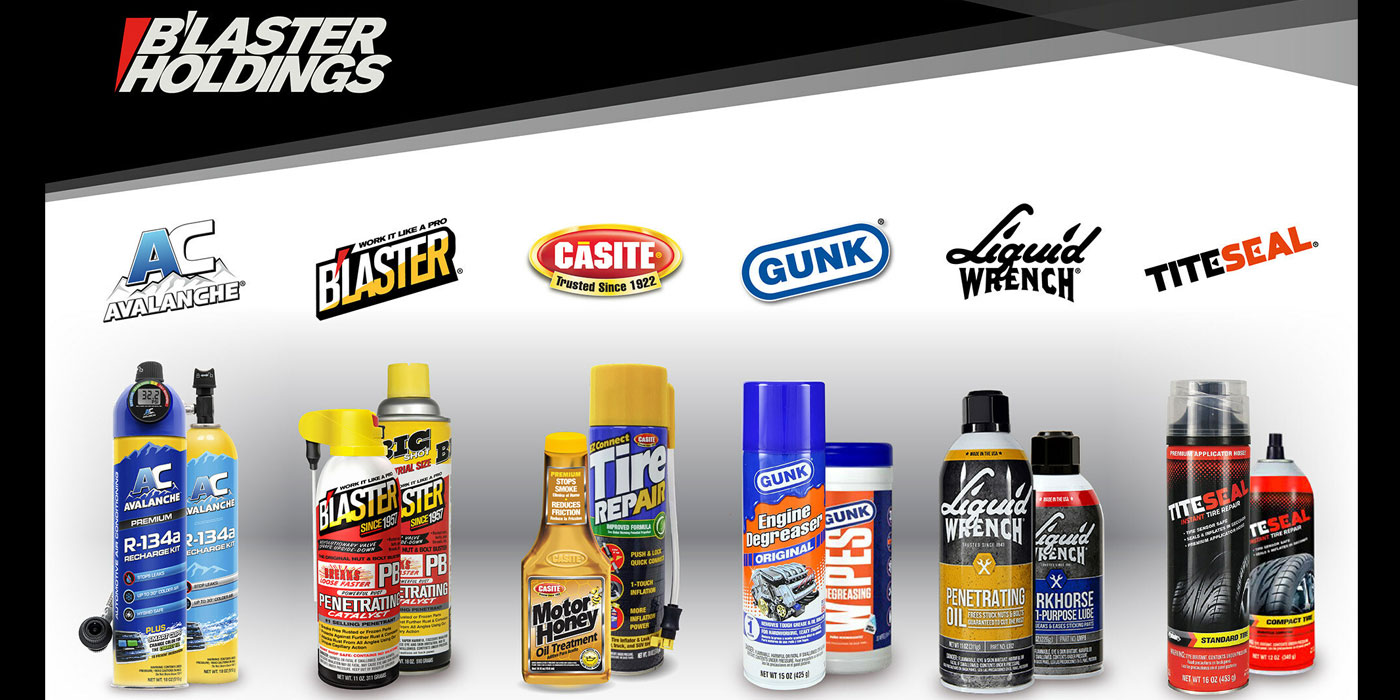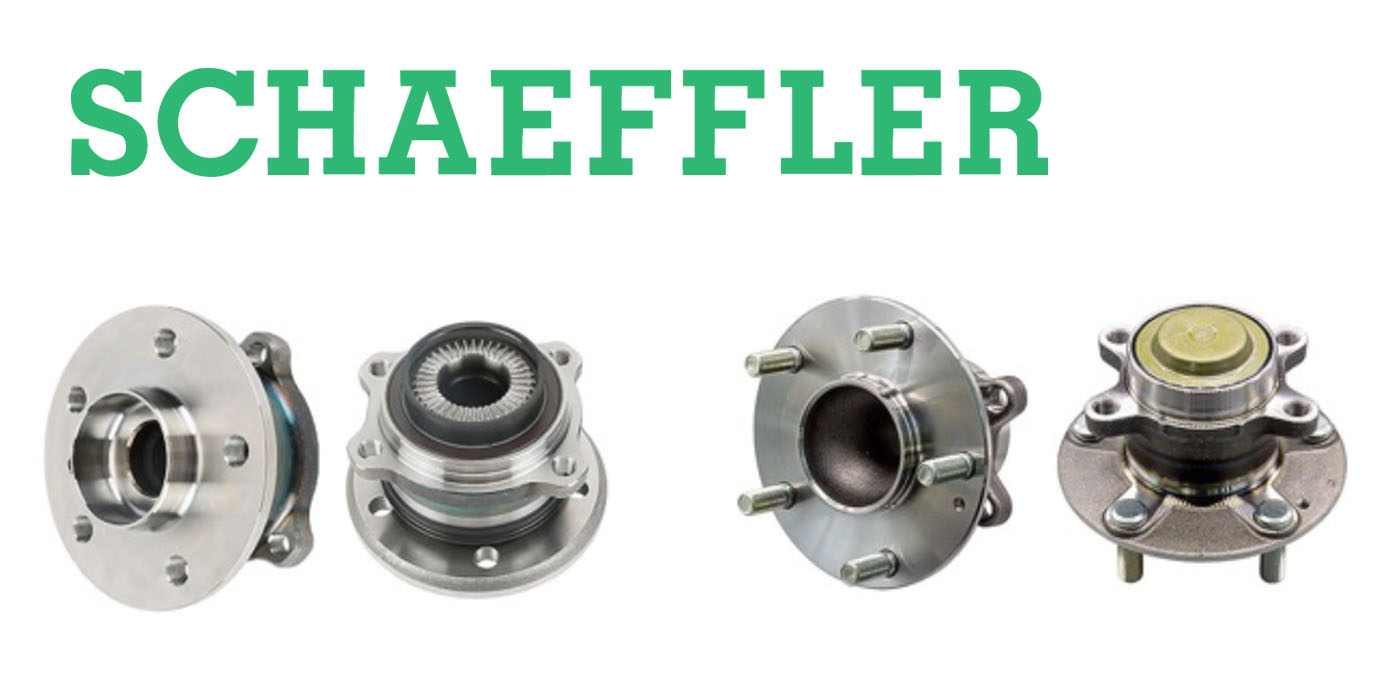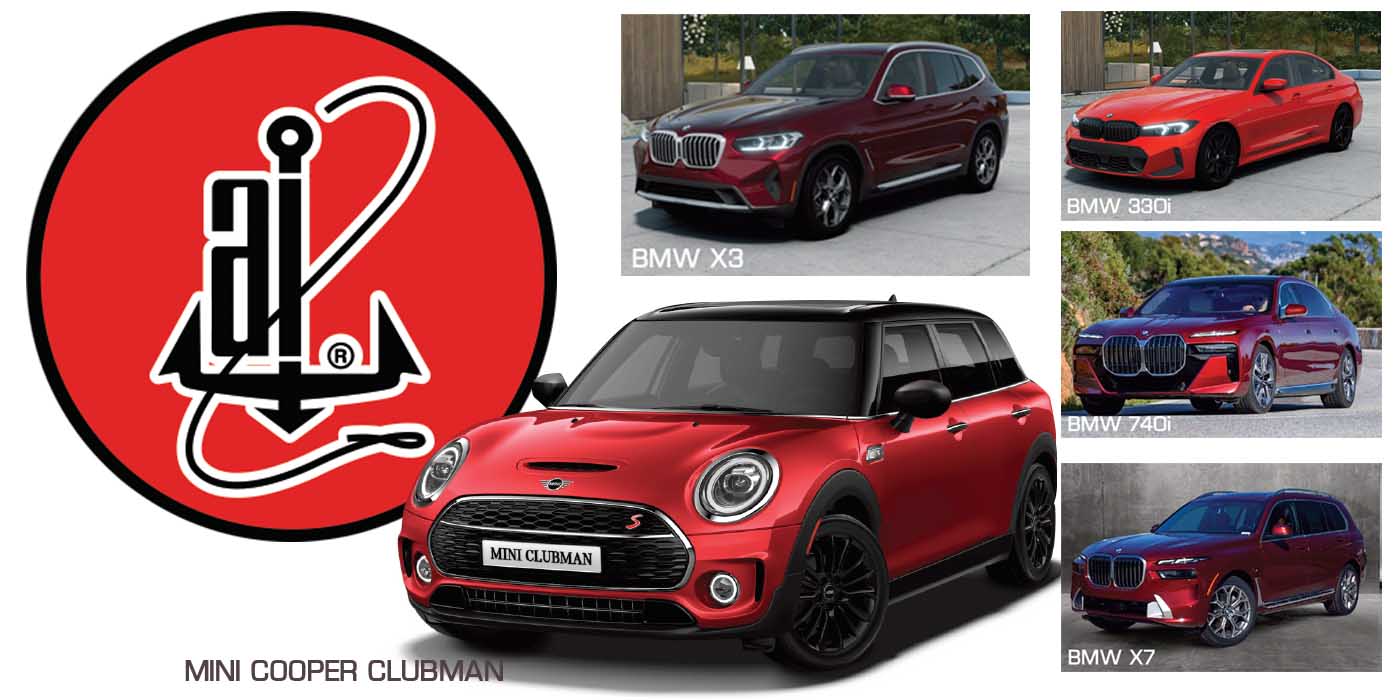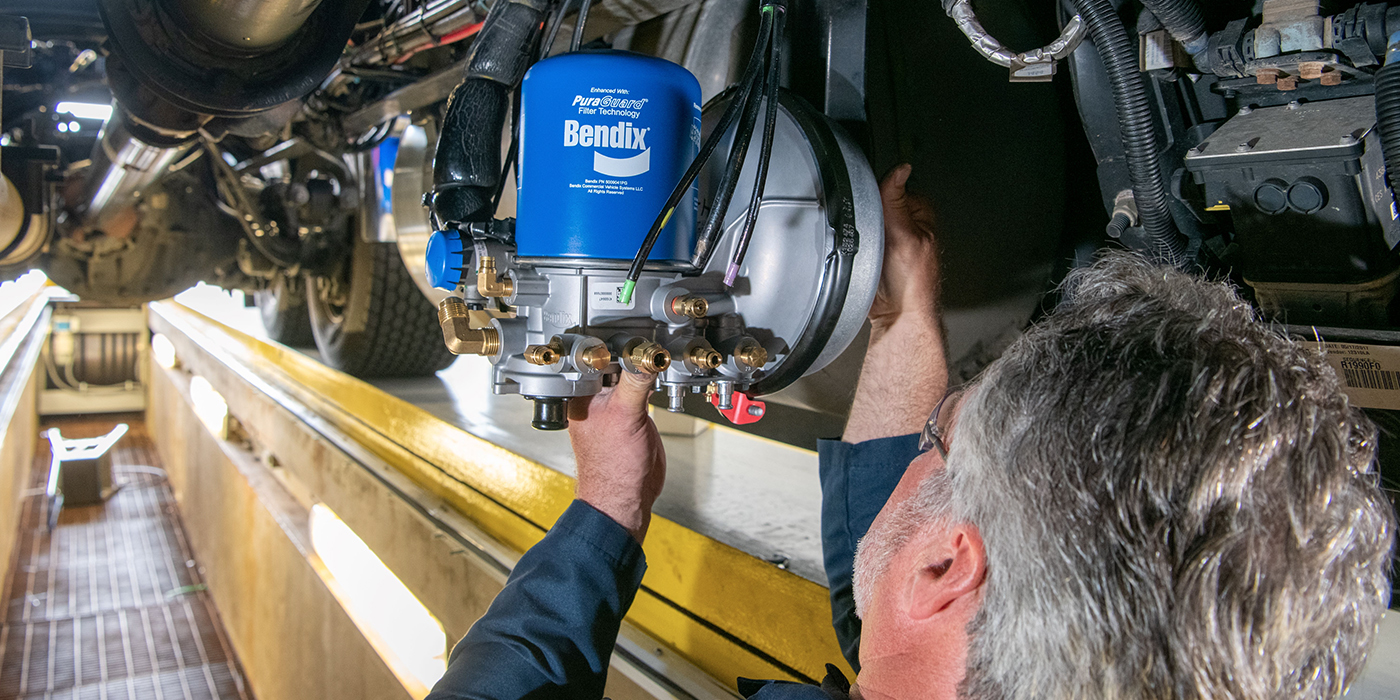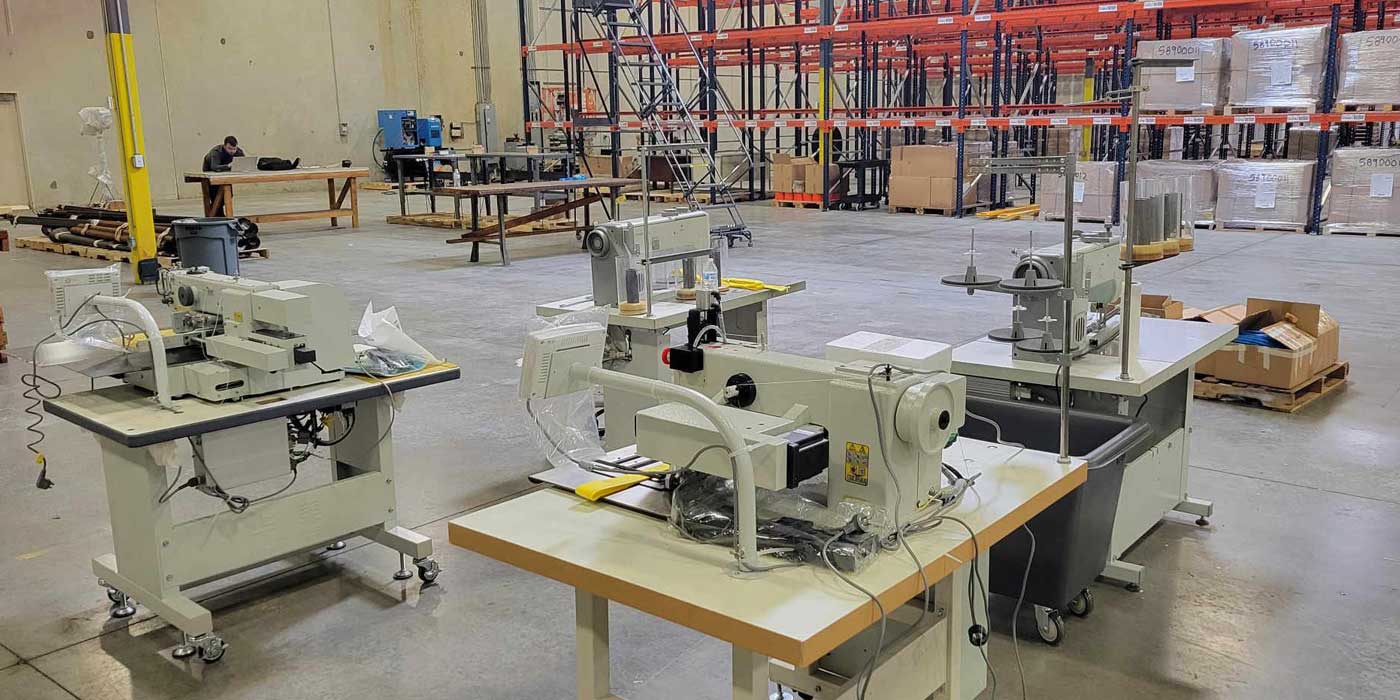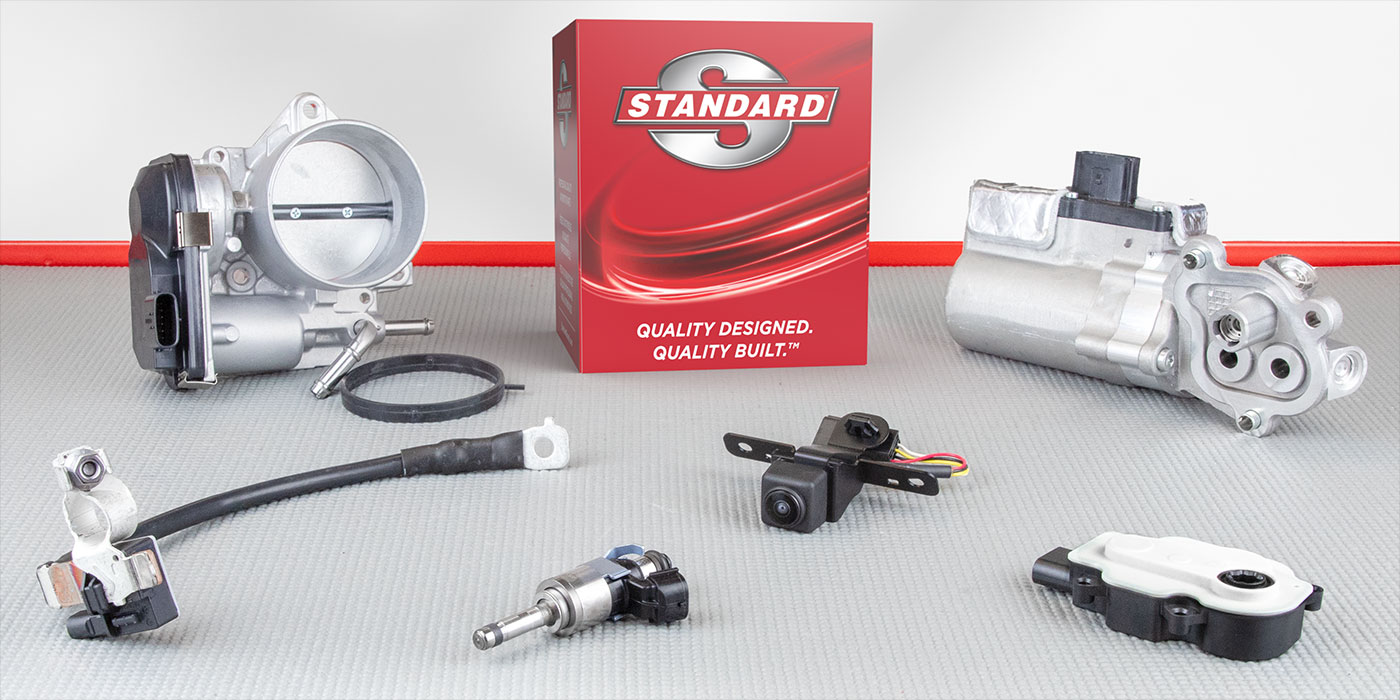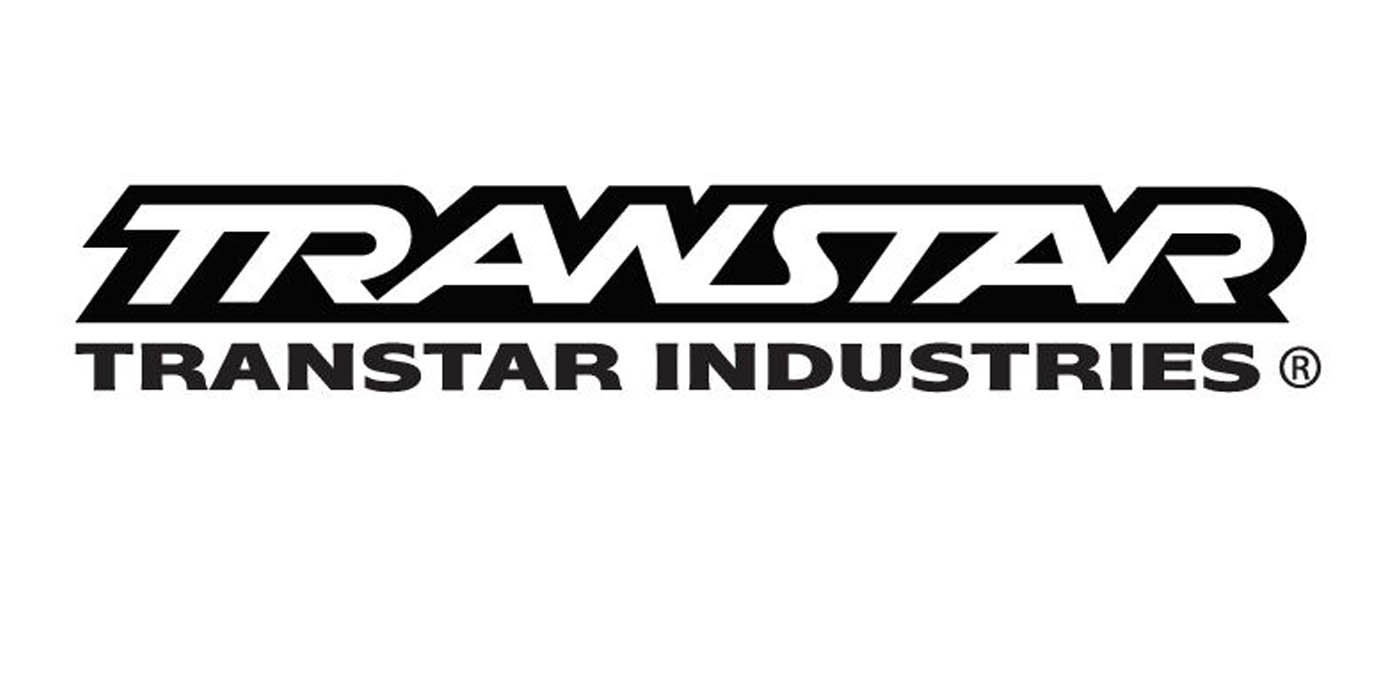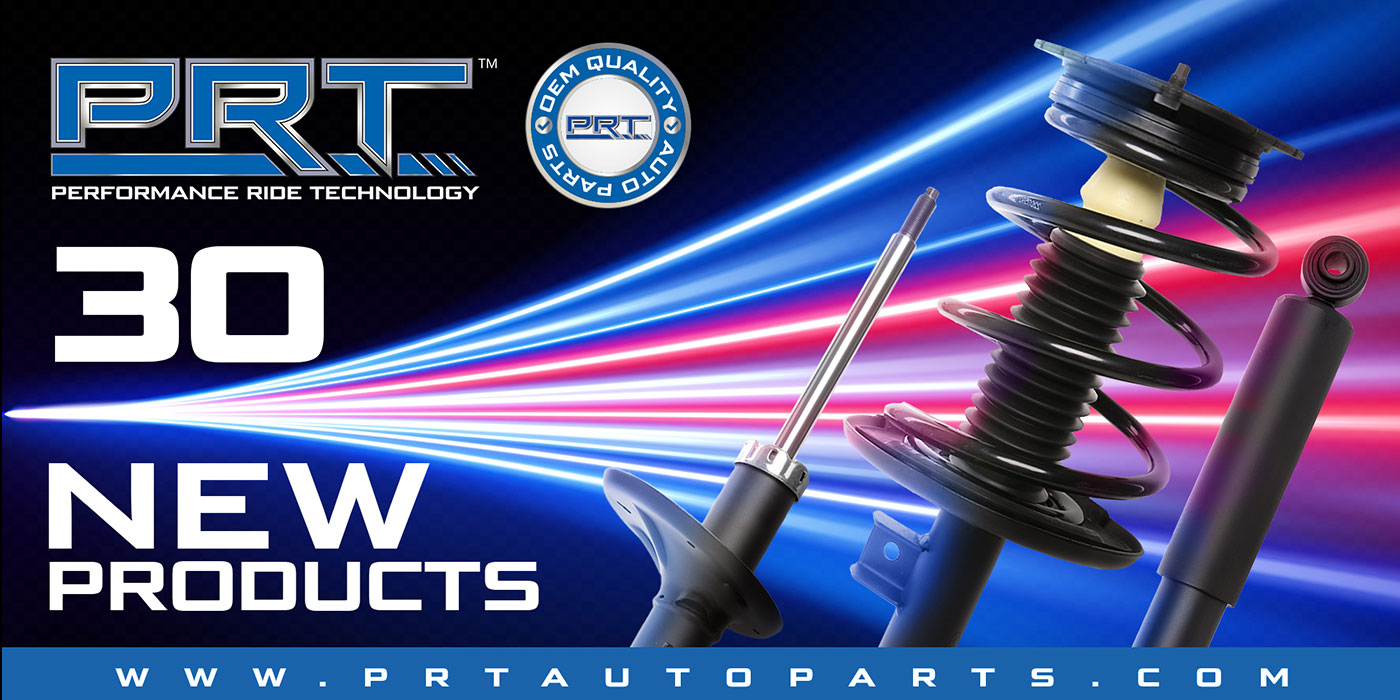CHICAGO — The Engine Manufacturers Association (EMA) responded positively to the announcement of the nonroad diesel engine and fuel regulation finalized recently by the U.S. Environmental Protection Agency (EPA). The new requirements will significantly reduce emissions from new, non-road diesel engines used in farm, construction and industrial equipment, portable generators and other nonroad applications. The new rule, designated as one of EPA’s Clean Air Rules of 2004, also requires the use of cleaner burning, ultra-low-sulfur diesel fuel, the group said.
Engine manufacturers will focus on developing the improved engine technology and pollution control systems needed to meet the new, more stringent emission standards, EMA said. The new rules come on the heels of three previous sets of regulations that already have significantly reduced the emissions from nonroad engines. When fully implemented, the new controls and improved diesel fuel will reduce particulate matter (PM) emissions by over 95 percent to nearly undetectable levels and lower nitrogen oxide (NOx) emissions by 90 percent compared to emissions from only a decade ago.
“Engine manufacturers are committed to meeting these new standards and doing their part to improve the nation’s air quality,” said Jed Mandel, EMA president. “We are embarking on a cooperative effort with EPA and other industries to develop and implement technology that will essentially eliminate most emissions from non-road diesel engines and equipment. Engine manufacturers already have achieved significantly lower emissions from energy-efficient diesel engines. Now, we’re working to reduce emissions another 90 percent and make near-zero emissions diesel technology a common reality. That will be a significant accomplishment that will help the states achieve attainment with the nation’s clean air goals, and something we can all take pride in.”
Meeting this goal will challenge the resources and technology development efforts of engine manufacturers over the next decade. Mandel noted, “Many manufacturers are currently introducing innovative solutions and retooling factories to meet EPA’s 2007 heavy-duty on-highway diesel regulations. They also are implementing emissions reductions for nonroad equipment from previously issued regulations. The new non-road standards announced today add another key milestone along the engine industry’s path to maximize performance for customers and minimize environmental impacts for our future.”
“Because non-road engines must operate under harsh operating conditions, meet unique performance requirements, and vary over a wide range of engine sizes and power requirements, meeting EPA’s new emissions standards will be no simple task and will require a large development effort on the part of engine and emissions control equipment manufacturers. However, given time to adapt the technologies and lessons learned from the on-highway engine market to non-road engines, we are confident that manufacturers will be able to provide the emissions reductions called for in the regulation. As long as the ultra low sulfur diesel fuel is available and development of control technology proceeds on the expected pace, our customers and the public can expect the difficult challenge to be met,” continued Mandel. Engine manufacturers expect to meet the new nonroad standards using a systems approach to emission reductions, EMA said. This includes further improvements to base engine technology, the addition of aftertreatment control devices, and the use of reformulated, ultra-low sulfur diesel fuel required by the regulation. Given their success in on-highway applications, catalyzed particulate filters will be used to reduce PM emissions. Some form of aftertreatment technology will be required to reduce NOx.
_______________________________________
Click here to view the rest of today’s headlines.

